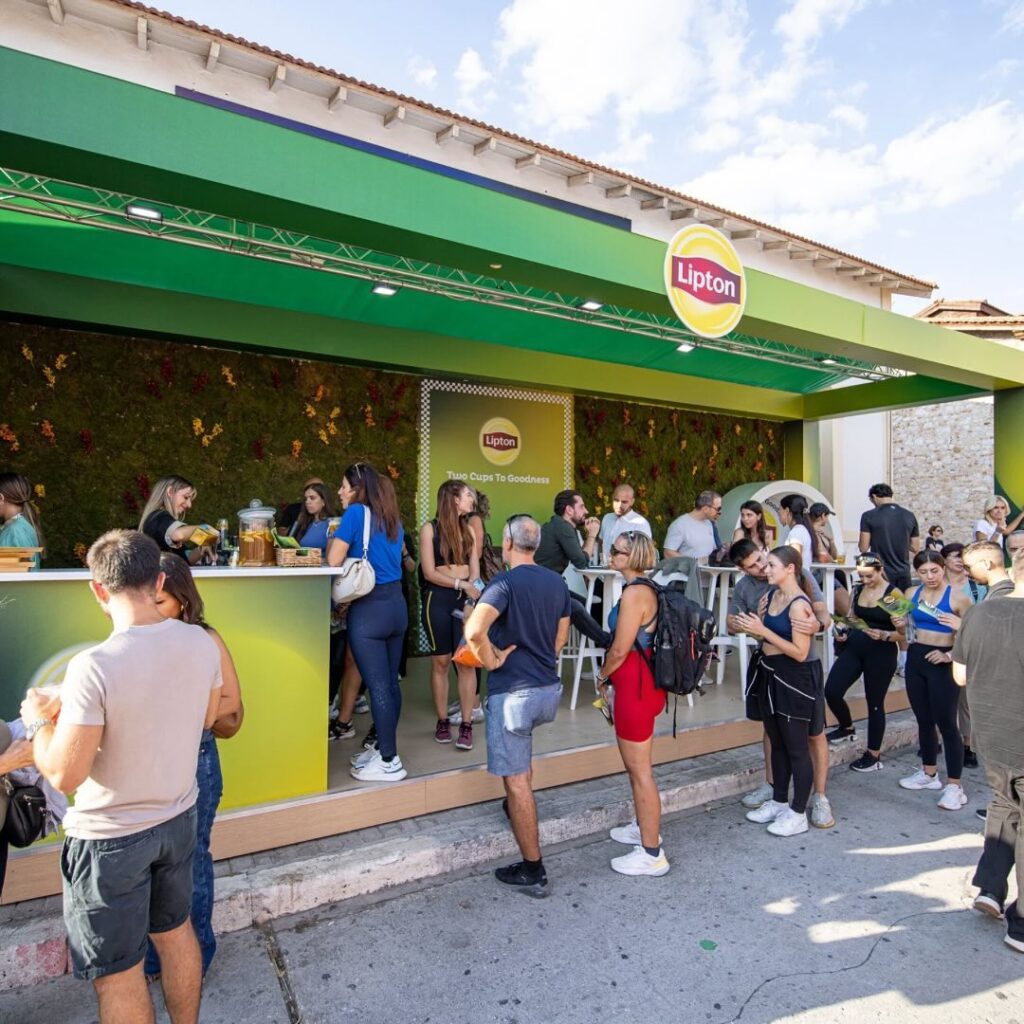Lipton Tea: A Legacy of Innovation, Strategic Growth, and Resilience

Lipton Tea: A Legacy of Innovation, Strategic Growth, and Resilience. In the expansive world of tea, few brands have achieved the global recognition and longevity of Lipton. Founded in 1871 by Thomas Lipton in Glasgow, Scotland, the brand has navigated over a century of evolving consumer preferences, market dynamics, and industry challenges. Lipton’s journey is a testament to strategic foresight, adaptability, and an unwavering commitment to delivering quality tea to the masses.
Early Vision and Democratization of Tea
Thomas Lipton’s vision was revolutionary for his time. In an era when tea was considered a luxury item, Lipton aimed to make it accessible to the everyday consumer. By streamlining operations—purchasing his own tea gardens and eliminating middlemen—he reduced costs and offered affordable, quality tea. This approach not only democratized tea consumption but also set the foundation for Lipton’s mass appeal.

Pioneering Marketing Strategies
Lipton was among the first to recognize the power of branding and advertising in the food and beverage sector. In 1891, the company launched its inaugural advertising campaign in the United States, effectively introducing the brand to a broader audience. By 1910, Lipton innovated further by using printed tea bags with brewing instructions, enhancing user convenience and reinforcing brand identity.
Product Diversification and Health Alignment
Understanding the importance of catering to diverse consumer tastes, Lipton expanded its product line over the decades. The introduction of Lipton Iced Tea in 1964 tapped into the growing demand for ready-to-drink beverages. In response to increasing health consciousness among consumers, Lipton revitalized its green tea portfolio, introducing reformulated blends with fresh fruit flavors. The “2 Cups to Goodness” mantra encouraged regular consumption by highlighting health benefits, positioning Lipton as a health-conscious brand.

Strategic Partnerships and Global Expansion
Lipton’s collaboration with PepsiCo in 2003 marked a significant milestone. This joint venture leveraged PepsiCo’s extensive distribution network, propelling Lipton’s ready-to-drink products into new markets and solidifying its global presence. Such strategic alliances have been instrumental in Lipton’s ability to adapt to market trends and consumer preferences.
Commitment to Sustainability and Ethical Sourcing
In the modern marketplace, sustainability has become a critical concern for consumers. Lipton addressed this by partnering with the Rainforest Alliance, ensuring that a substantial portion of its tea is sourced from farms adhering to stringent sustainability standards. This commitment not only appeals to environmentally conscious consumers but also reinforces Lipton’s dedication to ethical business practices.

Innovative Marketing and Consumer Engagement
Lipton has consistently employed innovative marketing strategies to engage its audience. In March 2025, the brand executed an early April Fool’s prank by announcing the discontinuation of its popular Peach Iced Tea flavor. The subsequent revelation that it was a joke elicited mixed reactions, highlighting the risks and rewards of bold marketing tactics.
Lessons for Aspiring Entrepreneurs
Lipton’s journey offers several key takeaways for entrepreneurs:
- Visionary Leadership: Identifying and capitalizing on market gaps can set the foundation for long-term success.
- Branding and Marketing: Effective communication and branding are crucial in building consumer trust and recognition.
- Adaptability: Continuously evolving product offerings to align with consumer preferences ensures relevance in a competitive market.
- Strategic Partnerships: Collaborations can amplify reach and resources, facilitating expansion and innovation.
- Sustainability: Commitment to ethical practices resonates with modern consumers and can differentiate a brand in the marketplace.

Conclusion
Lipton’s evolution from a single shop in Glasgow to a global tea powerhouse underscores the importance of strategic vision, adaptability, and a commitment to quality. For entrepreneurs, Lipton serves as an exemplary model of how to build and sustain a brand that resonates across generations and geographies.




